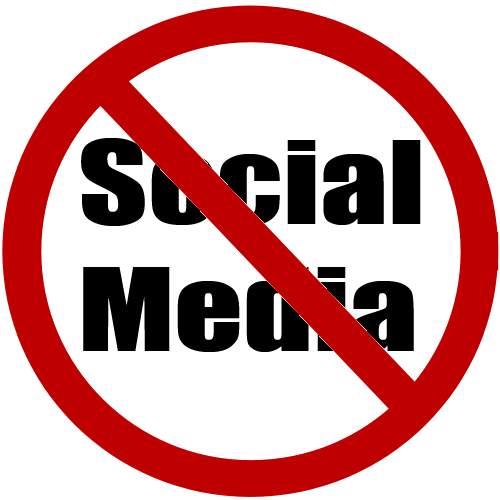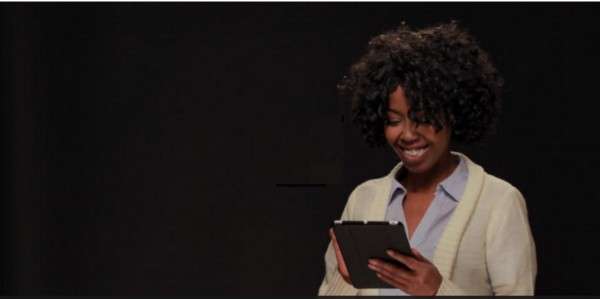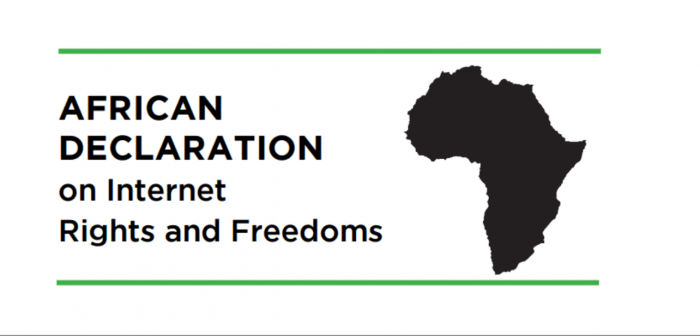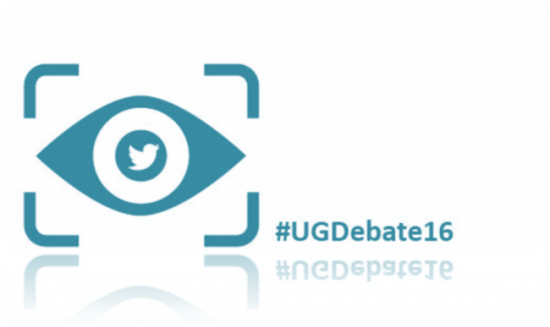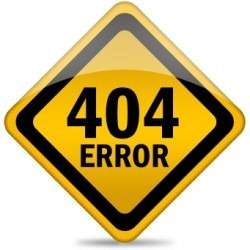By Juliet Nanfuka |
A day before Ugandan President Yoweri Museveni was inaugurated for another five-year term, access to social media platforms including Whatsapp, Facebook and Twitter was blocked on instructions of the regulator, the Uganda Communications Commission (UCC). The directive came less than three months after a four-day blockage initiated on Election Day (February 18) that drew local and international condemnation.
During the February 18 elections, social media in Uganda was shut down following a directive from UCC to internet service providers to disable all social media and mobile money services due to a “threat to public order and safety.” Tech-savvy Ugandans turned to Virtual Private Networks (VPN) in a bid to access and to share information on the elections.
On May 11, internet service providers in the country used social media to inform their customers of the second instruction issued by the communications regulator. They indicated that the regulator had cited “national security” as the reason for the shutdown. The present social media blockage comes on the heels of a May 5 ban on live media coverage of opposition-led activities in protest against what they consider the rigged re-election of Museveni, who has been in power since 1986. Earlier on May 3, journalists and artists decried the declining state of freedom of expression at the national celebrations to mark World Press Freedom Day.


Screenshots of the MTN and Airtel Uganda Twitter accounts announcing the directive received from the Uganda Communications Commission
Last February, CIPESA joined several civil society groups based in Uganda and internationally to submit a joint letter to the African Union, African Peer Review Mechanism (APRM) Secretariat, New Partnership for Africa’s Development (NEPAD) Secretariat, Uganda Communications Commission, and the Uganda Ministry of Information and Communications Technology, among other authorities. The letter called for “immediate action to condemn the internet shutdown in Uganda, and to prevent any systematic or targeted attacks on democracy and freedom of expression.” To-date, no response has been received.
It is unclear when the social media blockage would end. However, at the time of writing social media activity has remained rife through hashtags such as #M7SwearsIn. Analysis of Ugandan Twitter interaction during the February blockage revealed mixed emotions among Ugandan Twitter users with fear, joy and anger featuring amongst the top sentiments that emerged from the tweets shared with the hashtag #UgandaDecides. See this Analysis Of Twitter Activity On Election Eve And Election Day Uganda 2016 and Analysis of Twitter Activity During the 2016 Presidential Debates in Uganda.
Report: Women's Rights and the Internet in Uganda
By APC, CIPESA, WOUGNET |
This submission is a joint stakeholder contribution to the second cycle of the Universal Periodic Review (UPR) mechanism for Uganda. This submission focuses on women’s rights and the internet in Uganda. It explores the extent of implementation of the recommendations made in the previous cycle of the UPR and also identifies emerging concerns in Uganda regarding women’s rights online.
See the full report here
The African Declaration is Key to Reach a Common Understanding of Online Rights Policy
By APC |
“A fundamental challenge in need of urgent resolution in the digital age is how to protect human rights and freedoms on the Internet, and the African continent is no exception.” This is the introduction to the African Declaration on Internet Rights and Freedoms, an initiative joined by a diversity of organisations and individuals from the region to protect human rights in the context of the internet and digital technologies.
Analysis of Twitter Activity During the 2016 Presidential Debates in Uganda
By CIPESA Writer |
The 2015/2016 electioneering season in Uganda set a precedent in the use of social media as a means for politicians to reach out and engage with citizens. It was the first time in Uganda that a candidate announced they would run for President via YouTube and also saw candidate Yoweri Museveni (the incumbent) seek out a more tech-savvy media team to keep abreast with the widening channels of civic engagement.
While some of the candidates maintained personal Twitter accounts and actively engaged in the online conversations, others remained dormant, although they had Twitter accounts.
In partnership with Outbox we present the first of a three-part series into the key themes shaping the online conversation of Ugandans during the electioneering process.
The report explores the level of Twitter activity, interaction and conversational trends with specific focus on the #UgDebate16 hashtag during the 1st presidential debate held on January 15, 2016 and 2nd debate, which was held on February 13, 2016. During both debates, the hashtag trended locally and gained popularity as far as South Africa.
See the full report here: Analysis of Twitter Activity During the 2016 Presidential Debates in Uganda – Monitoring Uganda Elections Series 01 #UgDebate16
Ugandans Turn to Proxies, VPN in Face of Social Media Shutdown
| By CIPESA Writer
On the morning of the highly anticipated general elections in Uganda, citizens woke up to no access to social media platforms Facebook, Twitter and Whatsapp. The popular mobile phone-based financial transaction service commonly known as Mobile Money was also offline.
Tech-savvy Ugandans keen to keep information on the electioneering process flowing turned to sharing information on proxies and apps that enable circumventing the blockage through Virtual Private Networks (VPN).
Within hours, as more and more citizens got back online, there was a spike in social media activity. By 1pm local time, the hashtag #UgandaDecides recorded 35,000 tweets. Three hours later at 4pm, the number of tweets with this hashtag had jumped to 56,000. By 5pm, the hashtag boasted over 64,000 tweets. As at 7pm, the figure stood at over double that of 1pm and was still growing.
Incumbent President Yoweri Museveni, who has been in power since 1986, is standing in the current elections and faces perhaps the strongest electoral challenge ever to his three-decade rule. Ugandan citizens’ level of online civic engagement was sparked by the first ever televised presidential debates, the first of which was held in January and the second just last week. During both debates, #UgandaDecides alongside #UGDebate16 trended, raising some level of trust in the electioneering process.
But this trust seems to have been turned on its head today. Internet services in various areas of the country have been intermittent, leaving many unable to access information. Leading telecommunications service provider MTN issued a statement confirming that Uganda Communications Commission (UCC), the regulator, had “directed MTN to disable all social media and mobile money services due to a threat to public order and safety.” There has been no communication from any of the other service providers including Vodafone, which has championed disclosure of government requests for user information and surveillance support through its annual Transparency reports.
An official at the communications regulator confirmed to the local Daily Monitor newspaper that they directed ISPs to block access to social media sites over “national security” concerns related to the “sensitive” elections period.
As the day progressed, growing numbers of citizens were able to share updates on late arrivals of voting materials at various stations, reports of election malpractice, and provisional election results.
Previous election periods in Uganda have seen a crackdown on social media, voices critical of the ruling party, and independent media in the guise of promoting public order and unity as well as preventing the spread of false information. The 2011 elections were marked with filtering of short message services (SMS) which contained certain words.
Today’s blockage is for an indeterminate period.
See also State of Internet Freedom in Uganda reports 2014 and 2015.

